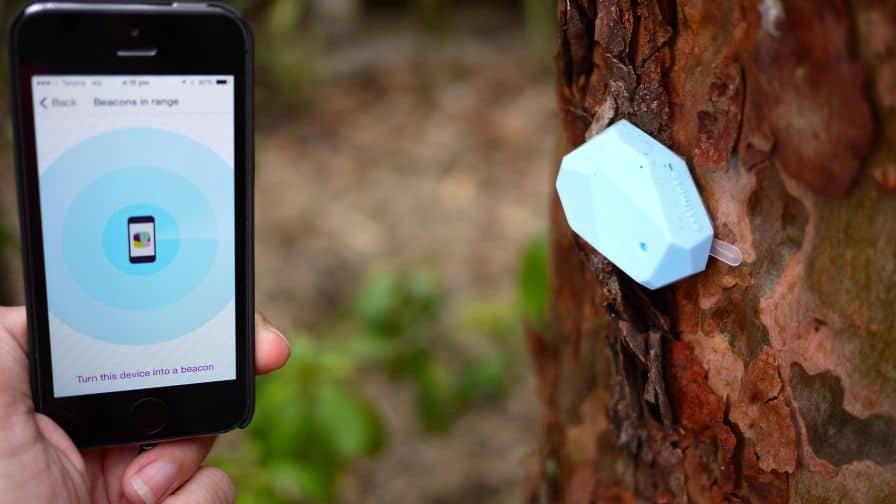IBeacons may have been cited as the best way of relaying promotional messages to shoppers on the high street, but the consumers themselves simply aren’t buying it.
Certain teething issues are being encountered by makers and adopters of iBeacon devices, which use Bluetooth Low Energy technology to push messages out to people via mobile apps.
The latest ‘Consumer Commerce Report’ from eDigitalResearch and IMRG shows that only 7% of Brits do not know what an iBeacon is. Chances are they wouldn’t be interested anyway, with 62% of the 2,000-strong study group declaring they do not want companies to be able to ascertain their location.
Being location-aware is one of the biggest things going for the iBeacon, which connects with apps to push out notifications when someone walks into a certain area.
The bluetooth big brother
The research shows many of the troubles consumers are having with iBeacons to stem from a reluctance to share ‘personal data’ with the businesses wishing to target them with specific offerings.
This is to the extent that 61% of those surveyed even called “harassment” at the thought of it happening.
But iBeacons are taking off in Britain, and in a big way. Earlier this year PerformanceIN reported that 4,000 taxis were to be fitted with the devices around various cities in the UK, which followed news of 500 buses around London receiving the same.
Both efforts would see messages delivered to the people inside the vehicles providing they had their bluetooth on, a relevant app installed, and push notifications enabled.
However, given that 52% of those answering to IMRG and eDigitalResearch claimed not to be comfortable with the idea of their information – including their location – being used to personalise offers, success won’t come easy.
Safe logic
It may be that personalised offers need to be delivered in a different, less invasive manner – justified by 23% of the study group feeling that personalised offers could encourage their spending.
In addition, 22% felt it was good that companies were using new technology to connect with them.
Such findings will give retailers something to think about as they look use devices synonymous with the internet of things (IoT) to get people inside their stores.

